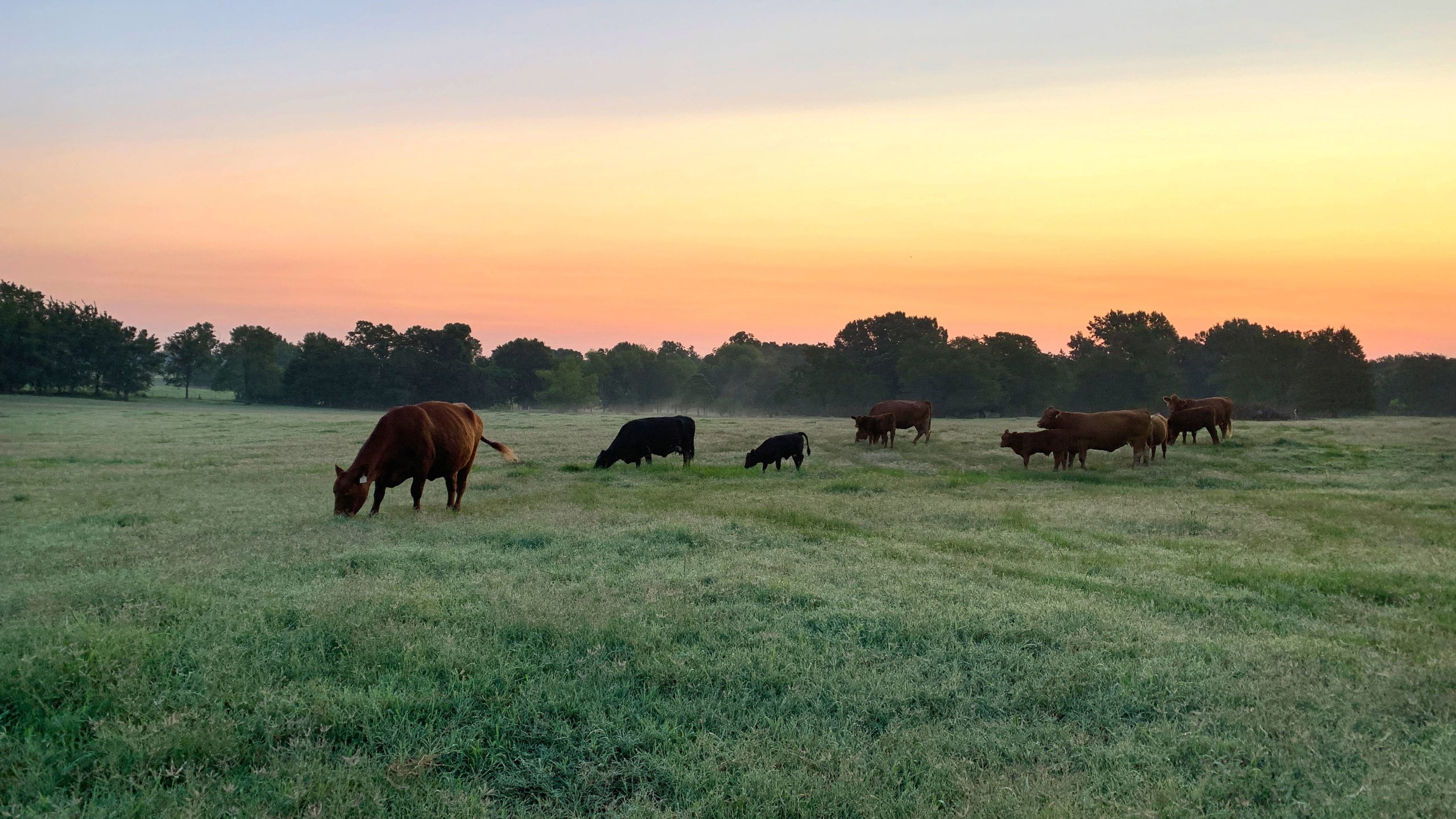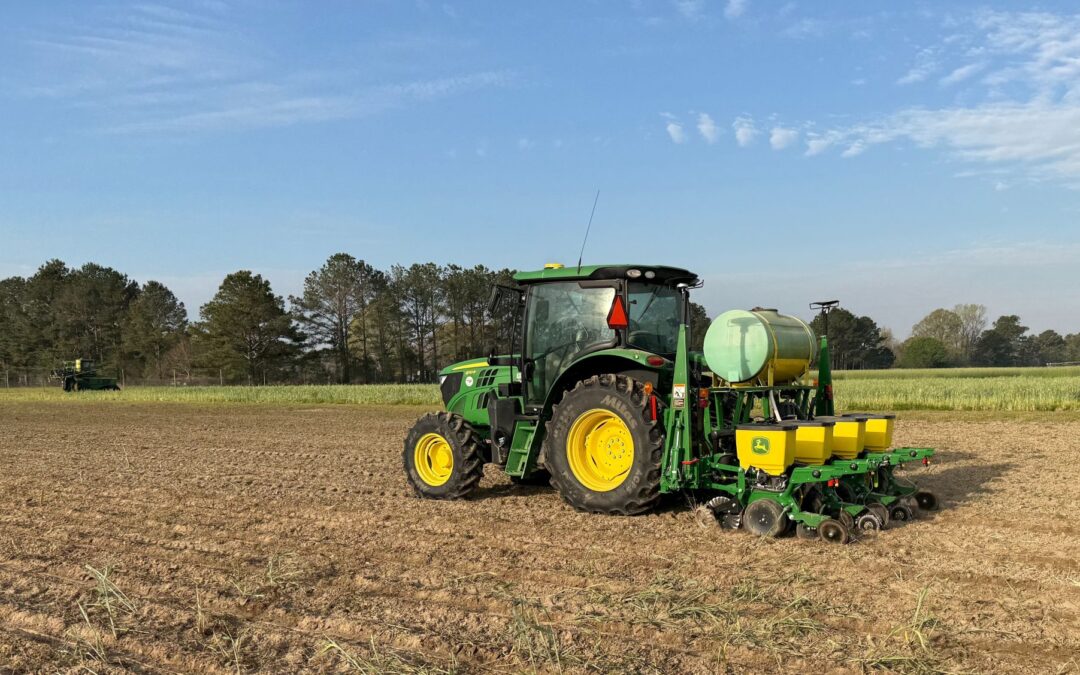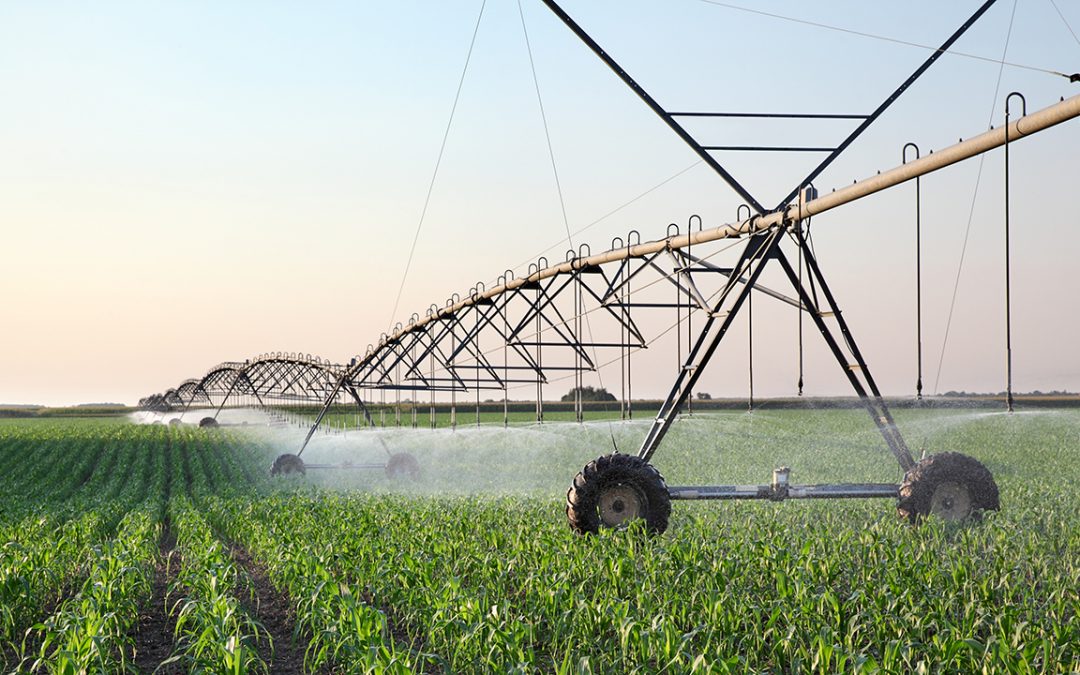Auburn University is one of four U.S. universities to share in a nearly $2.8 million grant from the USDA’s National Institute of Food and Agriculture (NIFA). The award is part of the Agriculture and Food Research Initiative-Foundational Knowledge of Agricultural Production Systems program.
These grants support plant research to advance knowledge for the wide range of agricultural production systems found across the rural-urban continuum, from conventional open-fields to protected built environments.
Results are expected to lead to the development of innovative sustainable solutions to challenges limiting or threatening the productivity, profitability and good stewardship of natural resources, environment and human capital.
Auburn’s research project — in collaboration with the University of Tennessee — focuses on using plant growth-promoting rhizobacteria (PGPR) as a biostimulant alternative to synthetic nitrogen fertilizer in forage systems.
Leading Auburn’s research team is Leanne Dillard, an assistant professor and Extension specialist in the College of Agriculture’s Department of Animal Sciences.
“This work is very important to me because the development of profitable forage systems that are also environmentally sustainable is dear to my heart,” Dillard said. “This grant is timely because many producers have been faced with the challenge of maintaining forage productivity while fertilizer prices have skyrocketed.”
The development of alternative plant growth stimulants, such as PGPR, can increase the efficiency of forage production, reducing the nitrogen fertility needs, and resulting in a more profitable forage system, she said.
“Not only will research be conducted, but this integrated project has a large Extension component,” Dillard said. “These funds will be used to provide more hands-on workshops and field days for forage producers across the state, and ultimately our goal is to improve efficiency of fertility management on pastures and hay fields across Alabama and throughout the Southeast.”
Tall fescue and bermudagrass provide feed for millions of cattle throughout the region, she said.
To maintain productivity and quality, forages require adequate nitrogen fertility; however, nitrogen fertility represents the largest cost of production. Preliminary data indicate that PGPR may hold promise as a biostimulant alternative to synthetic nitrogen fertilizer.
“The use of PGPR in forage systems has the potential to increase economic and environmental sustainability of thousands of forage and livestock producers throughout the Southeast,” Dillard said. “The goal of the project is to determine the efficacy of PGPR as a biostimulant for tall fescue and bermudagrass forage systems in the Southeast.”
The research team will sequence the genome of one PGPR strain and use this information for mass production of PGPR application material. Effects of PGPR on tall fescue and bermudagrass drought tolerance will be assessed under the greenhouse.
Additionally, a multi-state field study will be used to determine the usefulness of PGPR as a biostimulant for improving forage production and quality. Further analysis will be conducted to determine the economic impact of PGPR use on forage production in the Southeast.
“Our results will be disseminated through workshops, social media and other outreach and Extension activities,” Dillard said. “Multiple graduate students and a post-doctoral fellow will be trained under a multidisciplinary approach including agronomy, entomology, livestock production, agricultural economics and Extension.”
Auburn’s share of the grant is $749,660. Other awardees include Ohio State University, Texas A&M AgriLife Research and University of Illinois.





